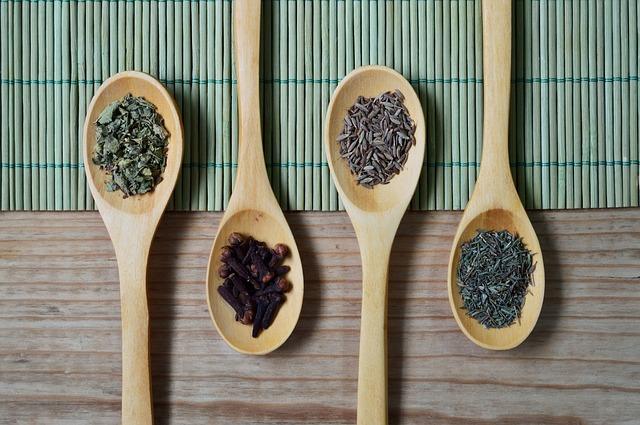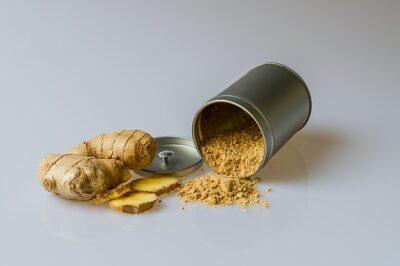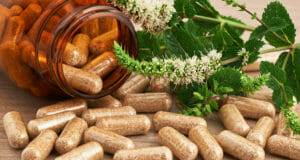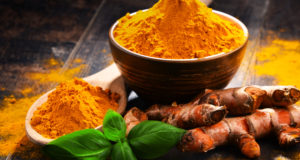As winter blasts the U.S., the local pharmacy is dispensing various chemical cocktails aimed at curbing the symptoms associated with the common cold and seasonal flu virus. The pharmaceutical companies certainly benefit during the cold winter months, but their relief is costly — and not guaranteed. In fact, some medications often produce side-effects that are just as bad or worse than the original symptoms.
So, what natural options are available? The answer may be as simple as a glance in your spice cabinet.
Good nutrition is essential for a healthy life. As the adage states, “an ounce of prevention is worth a pound of cure.” A well-thought-out diet, full of antioxidants, vitamins and minerals, will bolster your immune system. Whether sprinkled on as a garnish, used to create a flavorful broth or sauce, or even steeped in a tea, this list of cold- and flu-fighting spices can keep you healthy and happy this winter.
1. Turmeric
Dress up your farm-fresh eggs, create a tangy dip, or spice up a side of rice with a dash of turmeric. Produced from the roasted rhizomes of the turmeric plant, turmeric powder stimulates the immune system, reduces inflammation, balances blood sugar levels and aids the digestive system, all of which are important aspects of fighting off the common cold or seasonal flu.
2. Clove, nutmeg and cinnamon
This trio is most often associated with baking fall and winter “goodies,” and with warm, soothing drinks; however, they also work well together to aid the body in resisting infectious illnesses prevalent during the holiday season. These spices are antibacterial, antiviral, antimicrobial and anti-inflammatory agents. The addition of nutmeg also has the added benefit of being an anti-depressant, which is helpful to calm the wintertime blues and relieve insomnia, although caution should be used by only including small amounts of nutmeg to any recipe.
3. Ginger
Although ginger is used with the popular fall spices listed above, it also works to aid the digestive tract — relieving nausea, reducing bloating and gas, and overall working to relax the digestive tract to promote healing. Ginger also provides extra support for the immune system and further relieves inflammation due to irritation or infection.
4. Oregano
Not to be limited to Italian dishes, oregano can be sprinkled on eggs, salads and meats, enhancing your immune system by acting as a powerful antioxidant. It contains multiple vitamins and minerals, giving it helpful antibacterial and antiviral properties. Oregano also provides relief from inflammation, particularly in the upper respiratory tract, which is more vulnerable due to the drier air found in the colder climates.
5. Thyme
Well known in ancient times for its medicinal properties, thyme is most effective against respiratory infections and intestinal distress. It boosts liver function, increases immune function and clears the sinuses — the breeding ground of many respiratory infections.
For many of us, these spices are staples in our cabinet, only to be pulled out for special recipes and not considered based on their medicinal properties. Yet by incorporating them into our regular diets, we can increase our chances of staying healthy during the winter months.
What is your favorite spice for health? Share your tips in the section below:
 Off The Grid News Better Ideas For Off The Grid Living
Off The Grid News Better Ideas For Off The Grid Living





